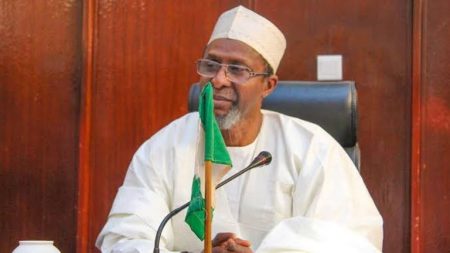West Ham United midfielder Lucas Paquetá is weighing up legal action against the Football Association (FA) after being cleared of spot-fixing charges in what has been described as the largest disciplinary case in English football history.
The Brazilian, 28, was accused of deliberately collecting yellow cards to influence betting markets, an allegation first raised in August 2023. By May 2024, the FA had charged him on four counts of intentionally seeking bookings. The case cast a long shadow over his career and scuppered an £80 million transfer from West Ham to Manchester City.
Last month, an independent Sports Resolutions commission dismissed the charges, ruling that the evidence was circumstantial and lacked the independence required in such a serious case. The FA has confirmed it will not appeal. Now, Paquetá and his legal team are considering suing the governing body over reputational and financial damage.
A deal gone, millions lost
The collapse of Paquetá’s proposed move to Manchester City looms large. The commission noted both the player and West Ham could have received “substantial sums running into the tens of millions of pounds.” His lawyers argue that the FA’s handling of the case directly cost him a career-defining transfer.
Sources close to the midfielder confirmed his team is “considering all options,” including seeking damages. “Both the player and West Ham reserve all of their rights,” the commission acknowledged.
Flaws in the FA’s case
The written judgment, running to a record 314 pages, highlighted weaknesses in the FA’s investigation. The governing body relied heavily on the testimony of its own betting integrity investigator, Tom Astley, rather than seeking independent experts.
The commission branded this approach “an obvious flaw” and said the FA effectively asked it to treat Astley’s evidence as impartial when it was not.
Astley had argued that betting patterns “appeared highly orchestrated.” Yet the FA’s own legal counsel later distanced itself from that conclusion, effectively undermining its key argument.
The FA had presented data showing 542 bets, worth £46,758, were placed by 253 bettors on Paquetá receiving yellow cards, producing £213,703 in winnings. Twenty-seven of those bettors were linked to Paquetá, according to the FA. The player admitted knowing only five of them, and insisted he rarely discussed football with those individuals.
The commission concluded the betting data was not indicative of spot-fixing and could be explained by alternative scenarios.
Evidence from Moyes and Clattenburg
Support for Paquetá came from figures with deep football knowledge. Former West Ham manager David Moyes, now in charge at Everton, testified that he had reviewed the yellow card incidents and found them “entirely within the normal range” for the midfielder.
Former Premier League referee Mark Clattenburg also appeared for the defence. He disagreed with Stats Perform Integrity Services, which had argued Paquetá’s bookings were suspicious. Clattenburg believed two of the cautions should not have been issued at all.
“Each challenge is comfortably within the sphere of things that happen multiple times every match,” Clattenburg said.
The commission accepted that nothing in Paquetá’s on-field conduct advanced the FA’s case.
No gambling links found
A forensic review of Paquetá’s mobile devices revealed more than 300 deleted messages, but none connected to betting or the four matches in question. The commission said this absence reinforced the player’s credibility and showed the danger of drawing negative conclusions from missing information.
The FA did not claim he had deliberately deleted relevant data.
Relief, but unfinished business
Nick de Marco, part of Paquetá’s legal team, hailed the outcome. “I remain delighted for my client Lucas, cleared of all the serious charges of spot-fixing,” he said. He described the judgment as the longest sports-related ruling ever issued worldwide.
For Paquetá, however, vindication may not be enough. The saga damaged his reputation, stalled his career, and cost him a lucrative move. Now, with his name cleared, the Brazilian is preparing the next fight — this time in courtrooms rather than football pitches.









